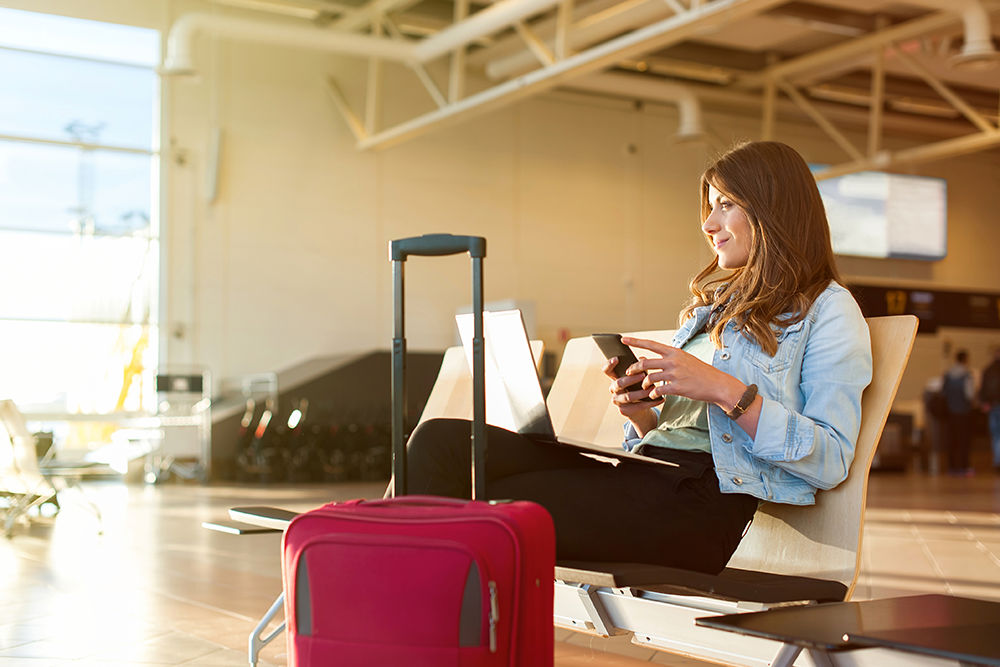Viajes

How To Pick An International Plan For Your Phone
Check out this helpful guide to international plans and make sure you’re prepared for your next overseas adventure.

How to Stay in Contact on a Cruise Ship
Keep in touch on the high seas with these 4 easy ways to stay connected.

International calling: How to call another country from the US
Learn about the best way to call and message your friends and family who live internationally with Verizon’s international calling and messaging plans.

7 Easy Options for Staying Connected Abroad
From Wi-Fi calling to TravelPass — here's 7 ways to stay connected while traveling.

What to Do if You Lose or Break Your Phone Abroad
Don’t let a lost or damaged phone ruin your vacation.

Texting, Wi-Fi and Phone Call Use on Airplanes
A little planning can make your in-air time more enjoyable — whether you fly once a year or once a month.

How to Make an International Call (and How Much it Costs)
Here’s a quick list of the simple and affordable ways you can make calls internationally.

How to Avoid Roaming Charges
Planning a trip? Here's some helpful hints for avoiding roaming charges.

Use Your Existing Phone to Switch to Verizon
With a few simple steps, you can be up and running on Verizon’s network in no time.